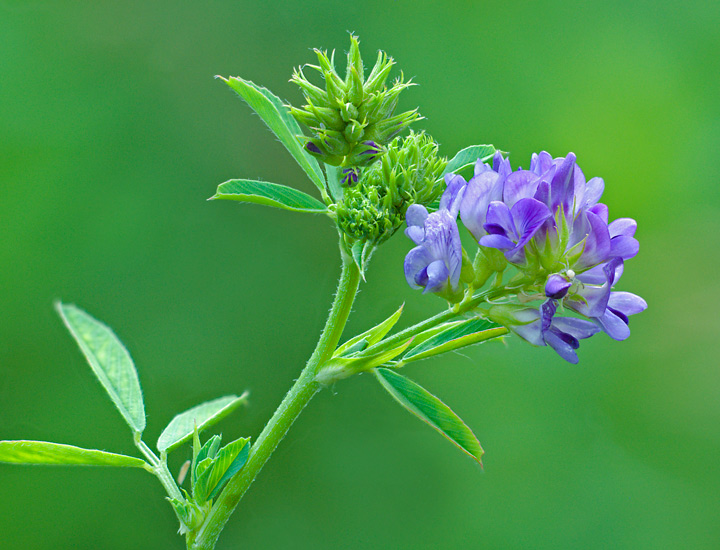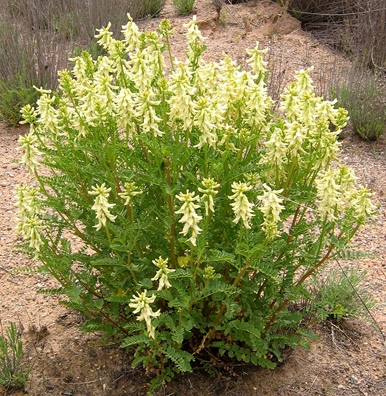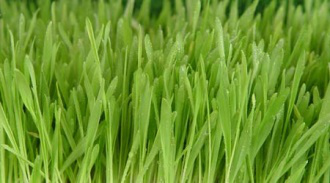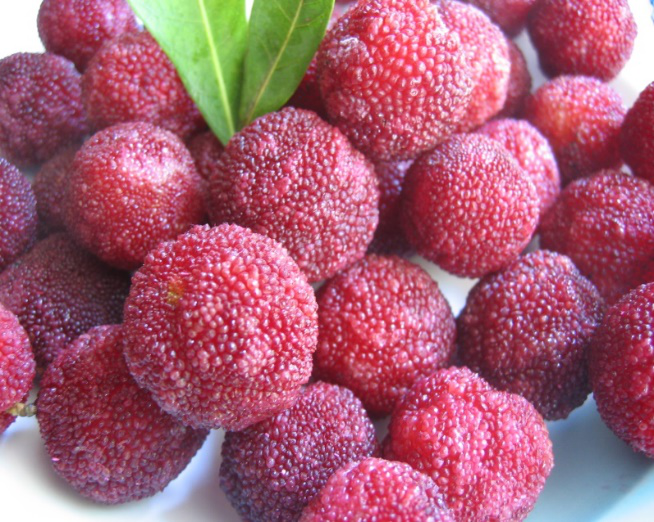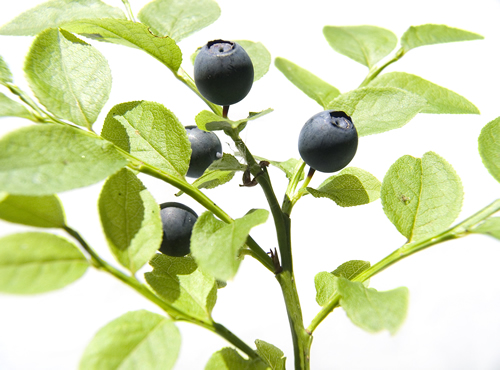Lavender Flowers Whole
-
$4.51
- Availability: In Stock
Botanical: Lavandula officinalis (also known as Lavandula angustifolia and Lavandula vera) Other common names: English Lavender, Fleurs de Lavande, Lavanda, Lavandin (Dutch) The essential oils in Lavender soothe headaches, calm nerves, ease depression, dizziness and stress, and will even combat halitosis. Lavender's antibacterial properties work to combat bacteria in the intestines, and it is also considered an antiviral, antiseptic and antifungal, working...
Botanical: Lavandula officinalis (also known as Lavandula angustifolia and Lavandula vera)
Other common names: English Lavender, Fleurs de Lavande, Lavanda, Lavandin (Dutch)
The essential oils in Lavender soothe headaches, calm nerves, ease depression, dizziness and stress, and will even combat halitosis. Lavender's antibacterial properties work to combat bacteria in the intestines, and it is also considered an antiviral, antiseptic and antifungal, working against yeast infections, diphtheria, typhoid, staph, strep and many flu viruses. Moreover, it is an effective tonic that improves intestinal health. This fragrant herb is a must for every home.
Country of Origin: France
Beneficial Uses:
Lavender has been used for centuries as a tonic to ease conditions of the nervous system. It is a relaxant that calms nerves, relieves fatigue, depression, migraine and tension headaches, nervous exhaustion, irritability and excitement.
The essential oils in Lavender act as a mild sedative on the heart and may be effective in lowering blood pressure.
Lavender is used to promote good digestion. It has a mild sedative effect that is used to calm the digestive tract, ease colic, nausea, vomiting, indigestion and other stomach problems. The herb is considered a "carminative" which will reduce flatulence and relieve a "gassy" stomach.
Lavender is an effective tonic that works to improve intestinal health. As a "cholagogue," it is thought to stimulate the flow of bile from the liver to the intestines, and its antibacterial properties are useful in combating putrefactive bacteria in the intestines. Lavender's antiviral, antifungal, antibacterial and antiseptic properties are thought to inhibit the activity of yeast infections, diphtheria, typhoid, staph, strep and many flu viruses.
Used externally, Lavender may be added to a sachet, which will repel insects and create a pleasant fragrance to relax the nerves and possibly help to avoid dizziness and fainting. Applied topically, the essential oils in Lavender act as an antiseptic and painkiller, helping to relieve insect bites and stings, skin diseases, such as eczema and psoriasis, and minor burns. It is also makes a fine herbal mouthwash. Added to bathwater, Lavender calms irritable children and relaxes adults, and mixed with water, it makes a fragrant hair rinse.
Lavender has also been called an herbal diuretic, but efficacy s has not been established.
Contraindications:
Pregnant women should avoid taking Lavender internally, as it may stimulate uterine contractions. Excessive use of this product (many times the recommended dosage) may cause drowsiness. Rare side effects have included constipation, skin rash, headache or nausea. Because Lavender contains plant coumarins (natural blood thinners), Lavender may increase the risk of bleeding when taken with drugs that increase the risk of bleeding, i.e., aspirin, warfarin (Coumadin®) or heparin, clopidogrel (Plavix®) and non-steroidal anti-inflammatory drugs.



